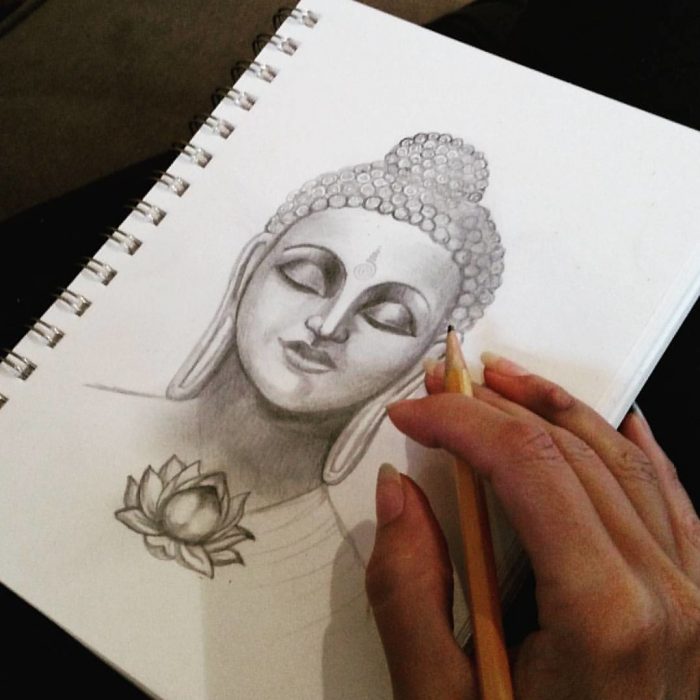Nothing is permanent.
I have found myself, throughout many times in my life, attracted to Buddhist philosophy and practices.
Since its origin focuses on finding the end of human suffering, I think it is a wonderful way to deal with the suffering that we all inevitably face. In a recent workshop I was in, the presenter shared the Five Remembrances Buddha offered to the world. They are incredibly shocking and comforting at the same time.
Buddhism’s Five Remembrances
- I am of the nature to grow old. There is no way to escape growing old.
- I am of the nature to have ill health. There is no way to escape having ill health.
- I am of the nature to die. There is no way to escape death.
- All that is dear to me and everyone I love are of the nature to change. There is no way to escape being separated from them.
- My actions are my only true belongings. I cannot escape the consequences of my actions. My actions are the ground upon which I stand.
The first three are hard to read because so many of us spend our time in denial that we will eventually grow old, be ill, and die. But these are designed to shock us into the truth, the reality that we will all grow old and die. They are meant to help us focus on gratitude and making the most of the life we’ve been given.
The fourth one is hard to read, too, because it highlights the idea of impermanence. Nothing is permanent in this world. We’ve seen that first-hand this past year. Everything can change and your whole world can come crashing down and be gone. We have no control over these things either. Buddhism seeks to help us understand this and face it, so we don’t live in denial and waste precious time or neglect that which is most important to us.
The final remembrance is what is in our control: our actions. What we choose to do at any given moment is what matters the most. And while we get to choose which actions we take, we don’t get to choose the consequences of those actions. It’s like aiming a bow and arrow while we’re running: we know what we want to hit. Maybe we’ll get it. Maybe we won’t. We just do our best, but we have to accept the consequences for what happens because what other option is there? So the last remembrance is saying that what we do matters—so we must live like it does.
When we accept the first four remembrances and focus on doing and being the best in our actions, we live a more content life and we aren’t living in denial. We treasure what we have in the moment because in the next moment, it could all be gone.
What are your thoughts about these five remembrances? Do they make you feel uncomfortable? Or do they make your feel comforted?


 Share on bsky
Share on bsky





Read 11 comments and reply